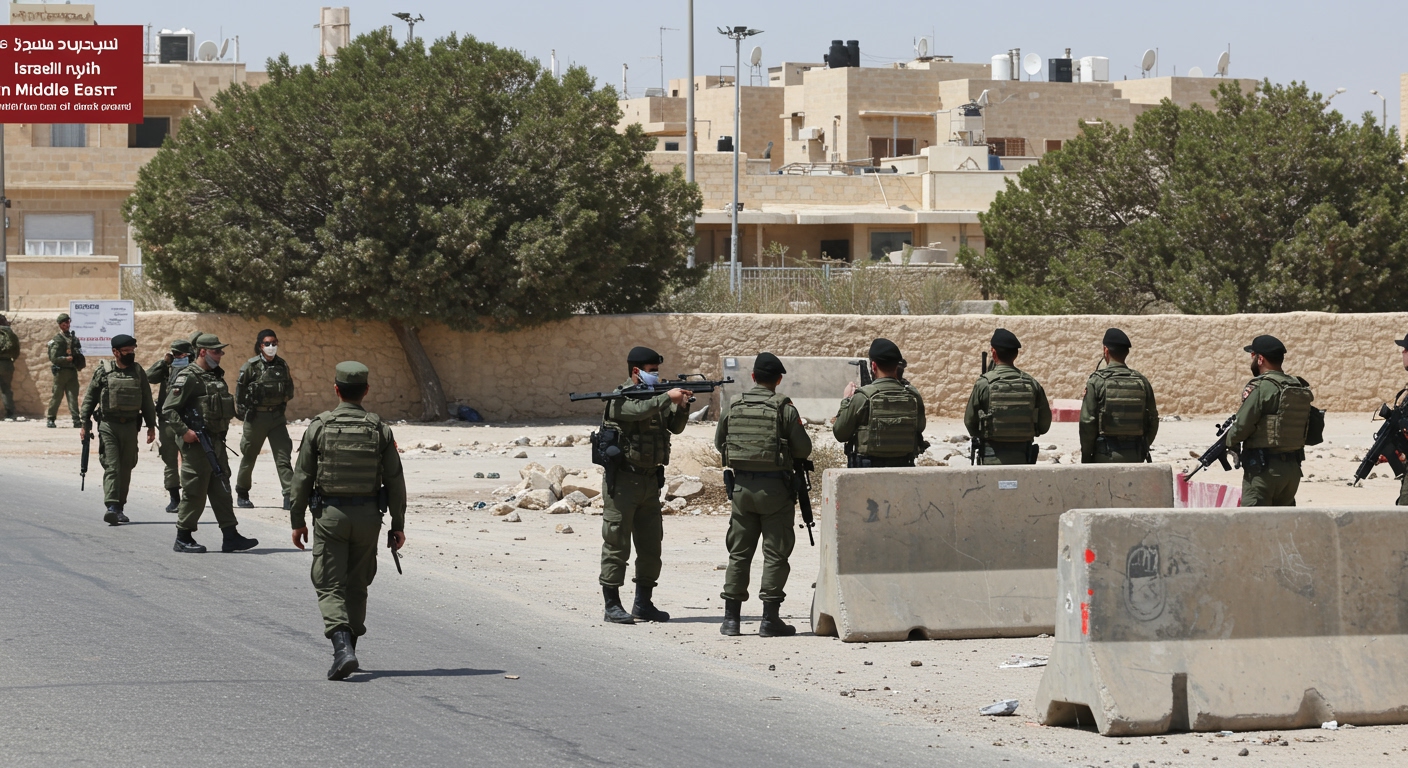Conflict Enters Eighth Day Amid Intense Strikes
The volatile exchange between Israel and Iran entered its eighth consecutive day on Friday, June 20, 2025, marked by continued military actions from both sides. Israeli forces have reportedly struck dozens of military targets across Iran, including what is described as a nuclear research site.
This escalation follows a week of tit-for-tat strikes that have significantly raised tensions across the region. The Israeli military reported on Thursday, June 19, that Iran had utilized a missile equipped with multiple warheads in its engagements, signaling an increase in the sophistication and potential impact of Iranian weaponry being deployed.
Mounting Civilian Toll and Human Impact
The human cost of the conflict is becoming increasingly apparent. According to data compiled by the Washington-based group Human Rights Activists, the week of Israeli strikes on Iran has tragically resulted in a significant number of casualties. As of Friday, their figures indicate at least 657 fatalities and 2,037 injuries within Iran.
The deteriorating security situation has also prompted international efforts to ensure the safety of foreign nationals. Iranian Deputy Chief of Mission Javad Hosseini announced Iran’s cooperation with India to facilitate the return of approximately 1,000 Indian nationals. This repatriation effort is scheduled to commence tonight through three special flights, with Iran opening its airspace specifically for this purpose.
Diplomatic Efforts Underway in Geneva
Against the backdrop of military confrontation, diplomatic efforts are actively being pursued to de-escalate the crisis. Iran’s Foreign Minister Abbas Araghchi is scheduled to participate in crucial meetings in Geneva. His itinerary includes discussions with the European Union’s top diplomat, as well as counterparts from the United Kingdom, France, and Germany. These engagements underscore the international community’s concern over the trajectory of the conflict and the urgent need for a diplomatic resolution.
Israel Vows to Intensify Strikes on Regime Symbols
On the Israeli side, Defence Minister Israel Katz has publicly ordered an intensification of attacks specifically targeting “symbols of the regime” in the Iranian capital, Tehran. These include key organizations such as the Basij militia and the Revolutionary Guard. Minister Katz explicitly stated the objective behind these intensified strikes is to destabilize the Iranian regime.
This directive signals Israel’s intent to not only counter perceived threats but also to exert significant pressure on the political and military structures of Iran, broadening the scope of their military campaign beyond purely defensive measures or strikes against nuclear facilities.
Iran Rejects US Negotiations Amid Aggression
Meanwhile, Iran’s Foreign Minister Abbas Araghchi, in an interview broadcast on Friday, reiterated Tehran’s stance regarding potential negotiations with the United States. He firmly rejected the possibility of talks with Washington as long as what he termed “Israeli aggression” persists. This position highlights the intricate and interconnected nature of the current conflict, linking the actions of regional adversaries to the broader diplomatic landscape involving global powers.
The coming days are expected to be critical, with the international community watching closely to see if diplomatic initiatives can gain traction and potentially avert further escalation in this rapidly evolving regional conflict.





